 It normally doesn’t take your correspondent a week and a half to complete a thought, but it’s been a hectic week and a half. Forthwith, here is Part Four of “Another Big Night at the Little Inn.”
It normally doesn’t take your correspondent a week and a half to complete a thought, but it’s been a hectic week and a half. Forthwith, here is Part Four of “Another Big Night at the Little Inn.”“Thank you for the 48 hours notice,” said Bro. Trevor Stewart to Master of Ceremonies Bill Thomas. “I appreciate the gesture!” It was true. Trevor had been drafted into the program at the proverbial eleventh hour. Not having a talk formally prepared, he nonetheless professorially clutched a sheaf of papers as he spoke engagingly of the ways brethren of the 18th century supported the arts in their communities.
 “We know from playbills and other ephemera that, as the 18th century went on, Freemasons, as individuals or lodges, were involved with theatrical performances,” he said, beginning a short lecture on what could be titled “Processions: Masons in Regalia.” Torch-lit parades, even with military bands, would march from the tavern/lodge to the theater and back. “This happened frequently.” I don’t know if Trevor realized it, but he was expanding on a detail in the talk he gave in this very room 52 Mondays ago.
“We know from playbills and other ephemera that, as the 18th century went on, Freemasons, as individuals or lodges, were involved with theatrical performances,” he said, beginning a short lecture on what could be titled “Processions: Masons in Regalia.” Torch-lit parades, even with military bands, would march from the tavern/lodge to the theater and back. “This happened frequently.” I don’t know if Trevor realized it, but he was expanding on a detail in the talk he gave in this very room 52 Mondays ago.This started around 1723. It was “strange in England,” because a ban on Masonic processions was attempted in 1745 in the wake of scurrilous embarrassments. “But the Irish, bless them, had frequent processions,” Trevor said. We know from newspapers, diaries and playbills that comedies and Shakespeare were the frequent beneficiaries of Masonic sponsorship. “In the early 18th century, there were 11 lodges dedicated specifically to the name of Shakespeare!” And in fact, we had a Shakespeare Lodge with us that evening. The Bard’s comedies were very popular, but his historical plays – “Henry IV,” “Henry V,” and “Henry VI” also were underwritten by the brethren. These dramas, particularly “Henry V,” were popular because “they espoused ideas that went to the heart of the Hanoverian times” with melodrama, heroism and idealism.

This item has nothing to do with Trevor’s talk exactly, but it is in the archives of the Livingston Library, and was included in its exhibit at Fraunces Tavern Museum seven years ago. It is the program of St. Patrick’s Lodge’s St. John’s Day procession in New York City in 1795. The lodge was accompanied by 10 other lodges, two marching bands, a contingent of Knights Templar, and the Grand Lodge officers. They marched from City Hall, through what is today the Financial District, and to “the Church,” which I take to mean St. Paul's. They returned to City Hall by a different route.
There were exceptions though.
“Prior to 1745, there were plays of ‘Macbeth’ sponsored by the Masons,” Trevor Stewart explained, but that stopped because the Hanoverians, “a very querulous people,” feared any talk of rebellion.
There were several motives at work in the Masonic patronage of the performing arts. The brethren quickly arranged to sponsor plays and to put themselves on parade, “making a spectacle of themselves in a theatrical and political statement.” These processions had order, and were characterized with “great dignity and decorum.” The brethren were not only on display in the street, but at the theater they’d sit in special boxes with the Lord Provost and other civil authorities. “Masonic lodges were taking active part in the body politic at this time. They were guys who had arrived, socially.”
They were opportunistic, but they also raised money to give to charity, and “not just Masonic charity, but any charity.” A playbill in 1785 told how “a poor house and asylum for the mad folk” in Edinburgh was one such recipient. “They were motivated by the idea of being good, and being charitable to the less fortunate.”
“The gentlemen Masons were putting on street theater, but more importantly than that, they played a crucial part of the body politic at the time,” Trevor added. “As the 18th century progressed, the legitimate activity of a gentleman was not just to be in the isolation of his lodge room, but to also be out in the streets, in coffeehouses, literary clubs and attending the theater, culturally inspired.”
“So, what has this got to do with us? We can’t parade in the streets with our regalia as much as we might wish,” he added, “but we can sponsor plays and musical performances. Why not?”
He then went on to explain how last year’s International Conference on the History of Freemasonry featured the young musicians of the Royal Academy of Scotland, thanks to the sponsorship of the Grand Masters of England, Ireland and Scotland. He also told of the lavish catalog provided to him that chronicled a major artistic exhibition in London, but that had no mention of Freemasonry. “Why not?” he asked. “We can’t parade in the street, but we can make that statement.”
The Magpie Mason could not agree more! There is so much opportunity to show ourselves to the public. Not by bowling against the Elks lodge down the street, but by sponsoring the arts, especially in and around New York City. Just off the top of my head: Lincoln Center has “Mostly Mozart” and the Duke Ellington festival; there is “Shakespeare in the Park” in Central Park; the Hudson Valley Shakespeare Festival is just across the Hudson from West Point; “The Magic Flute” pops up at the Met and NJPAC on occasion. I may have been the only one who knew, but a mere 72 hours after this dinner-lecture the chamber orchestra called Suedama Ensemble would perform a concert inspired by Freemasonry just a few miles away! (But more on that later.) All of these endeavors rely mightily on private sector sponsorship.
Livingston Library Executive Director Tom Savini had the sobering answer.
 “We need to look within before we look outside to help others,” he said, explaining how the library’s priority now is to find the resources to create the position of archivist. In the works is a database to record the histories of New York lodges, past and present.
“We need to look within before we look outside to help others,” he said, explaining how the library’s priority now is to find the resources to create the position of archivist. In the works is a database to record the histories of New York lodges, past and present.Hopefully the means will be found to support many parallel projects in the effort to preserve Masonic culture, both within and without the temple.






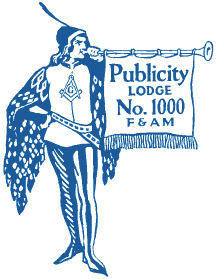

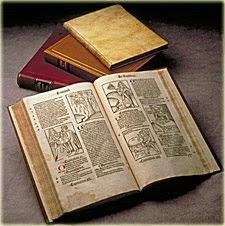


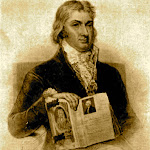
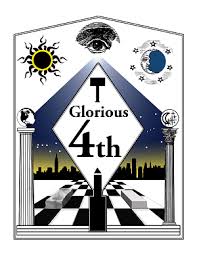



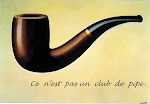

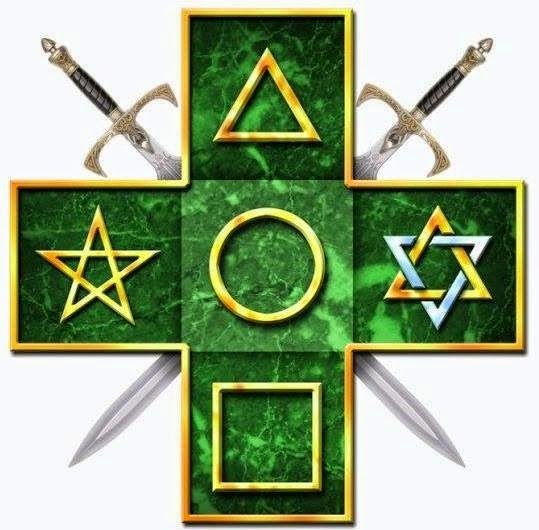














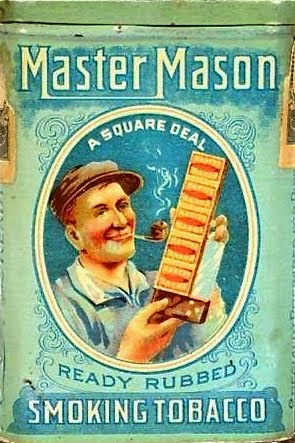

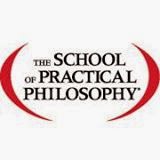


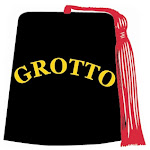








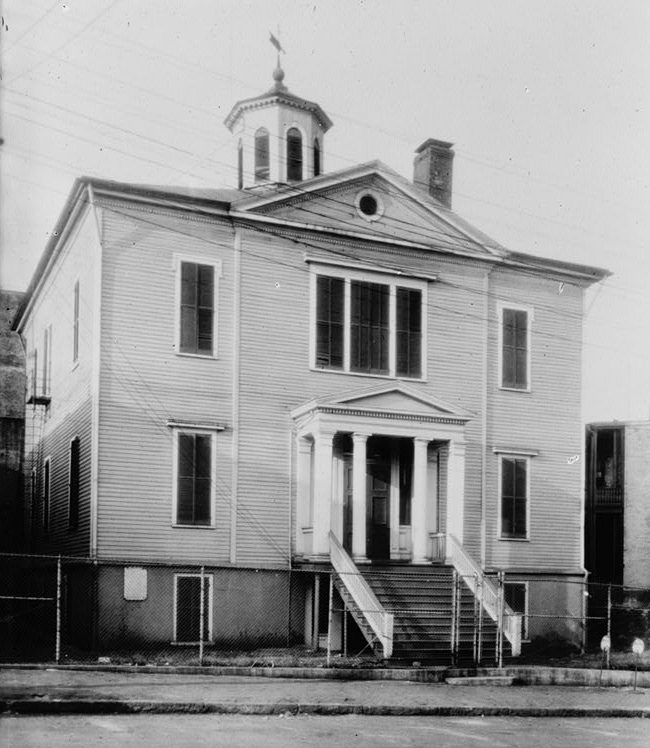
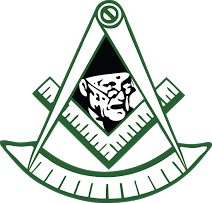
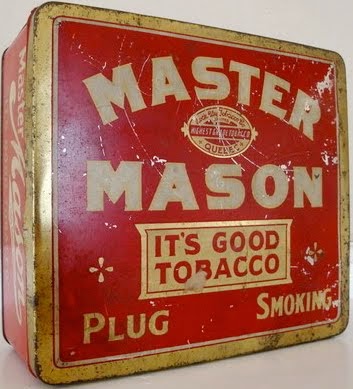



No comments:
Post a Comment